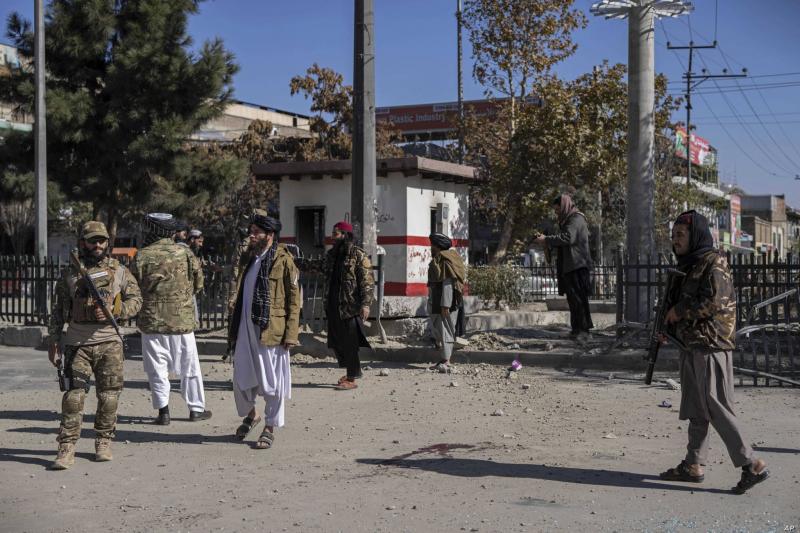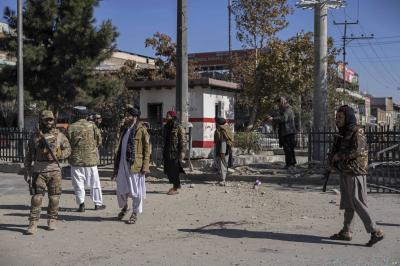The Taliban has intensified its war against the Islamic State (ISIS) branch in Afghanistan, deploying hundreds of fighters to the eastern part of the country, marking a critical test of the group's capabilities to combat terrorism following the withdrawal of U.S. forces. The Washington Post reports that Taliban security officials stated the group deployed more than 1,300 additional fighters in Nangarhar province last month, with orders to accelerate operations against ISIS in the area.
Residents of Jalalabad and Taliban fighters say that the group's nighttime raids targeting suspected members of the Islamic State in Khorasan are increasing, with many detainees reported missing or killed. Cauri Noorullah Fatih, a Taliban fighter working under the group's intelligence wing in Jalalabad, said, "The fighting is hard, and yes, at times it is brutal, but we must eliminate ISIS not only for Afghanistan but for the world as a whole." He added, "If they do not surrender, we will kill them."
The unit to which Fatih belongs conducts multiple search operations for suspected ISIS members in Jalalabad. According to Fatih, seven to ten individuals suspected of belonging to the Islamic State are arrested weekly in Jalalabad, with six being killed. In contrast to the campaign by the Taliban in the eastern region, ISIS has called on residents of Nangarhar to rise up and resist. The Washington Post notes that "it is unclear how many new fighters have joined ISIS ranks."
However, since the Taliban took power, the organization has strengthened, become more active, and expanded its presence in nearly every Afghan province, according to estimates from the United Nations. The UN Special Envoy for Afghanistan stated last Wednesday that ISIS has expanded the scope of its operations in Afghanistan and now "appears to be present in all regions."
UN envoy Deborah Lyons told the UN Security Council that the Taliban's response "is concerning because it seems to rely heavily on extralegal arrests and killings" of suspected members of the ISIS-Khorasan chapter. ISIS attacks in Afghanistan have posed the first ongoing challenges to the Taliban's grip on security since the group took control of the country last August. "However, the escalating fighting in Nangarhar threatens to deplete the Taliban's limited resources and increase the aversion of many Afghans," according to the Washington Post.
This comes alongside U.S. sanctions imposed on three leaders of the ISIS (ISIS-K) branch in Afghanistan and another man accused of facilitating the organization’s financial operations. U.S. Secretary of State Antony Blinken stated in a press release on Monday that the group's Amir, Sanaullah Ghafari, its spokesman Sultan Aziz Izham, and a leader in Kabul, Mowlawi Rajab, have been added to the global terrorism list. The U.S. Treasury Department also blacklisted Asmatullah Khalozi for allegedly managing an informal money transfer network based in Turkey to funnel funds to ISIS in Khorasan.
In recent days, Kabul has witnessed a series of bombings targeting Shia areas in the western part of the city multiple times.




